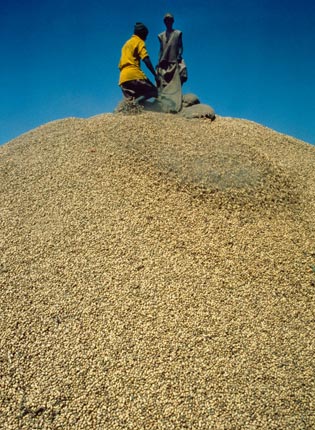Hope for peanut allergy sufferers

Your support helps us to tell the story
From reproductive rights to climate change to Big Tech, The Independent is on the ground when the story is developing. Whether it's investigating the financials of Elon Musk's pro-Trump PAC or producing our latest documentary, 'The A Word', which shines a light on the American women fighting for reproductive rights, we know how important it is to parse out the facts from the messaging.
At such a critical moment in US history, we need reporters on the ground. Your donation allows us to keep sending journalists to speak to both sides of the story.
The Independent is trusted by Americans across the entire political spectrum. And unlike many other quality news outlets, we choose not to lock Americans out of our reporting and analysis with paywalls. We believe quality journalism should be available to everyone, paid for by those who can afford it.
Your support makes all the difference.An experimental treatment for peanut allergy in children has been so successful that scientists have been given permission to go to a full-scale clinical trial involving hundreds of young people who suffer violent immune reactions to the smallest traces of peanut in their food.
In a small pilot study, Andrew Clark of Cambridge University Hospitals demonstrated that it is possible to make affected children less sensitive to peanuts by carefully introducing tiny amounts of peanut flour into their diets. The National Institute of Health Research, part of the Department of Health, will fund a three-year trial costing £1m to establish whether the treatment works on a larger group of children with severe peanut allergy.
Dr Clark told the American Association for the Advancement of Science in San Diego that the trial was "based on our successful pilot study, where we showed 21 out of 23 kids were effectively desensitised to peanuts ... The families involved in this study say it has changed their lives. It's dramatic. Before, they were checking every food label every time they ate food. They would worry it would cause a reaction, or even kill them, but now they can go out and eat curries and Chinese food and everyday snacks and treats."
He told the meeting that under the "immunotherapy" approach the amount of peanut flour added to a child's food is gradually increased over weeks and months. By the end of the first year, most of the children in the study could eat up to 32 peanuts.
Dr Clark said, "Our long-term aim is to keep them going with weekly dosing – equivalent to five peanuts ... I think in two or three years' time we will be in a position where we have a treatment that works; but we are still working on a long-term cure." The hope is, he said, that with more research it might eventually be possible to build up long-term tolerance.
Join our commenting forum
Join thought-provoking conversations, follow other Independent readers and see their replies
Comments